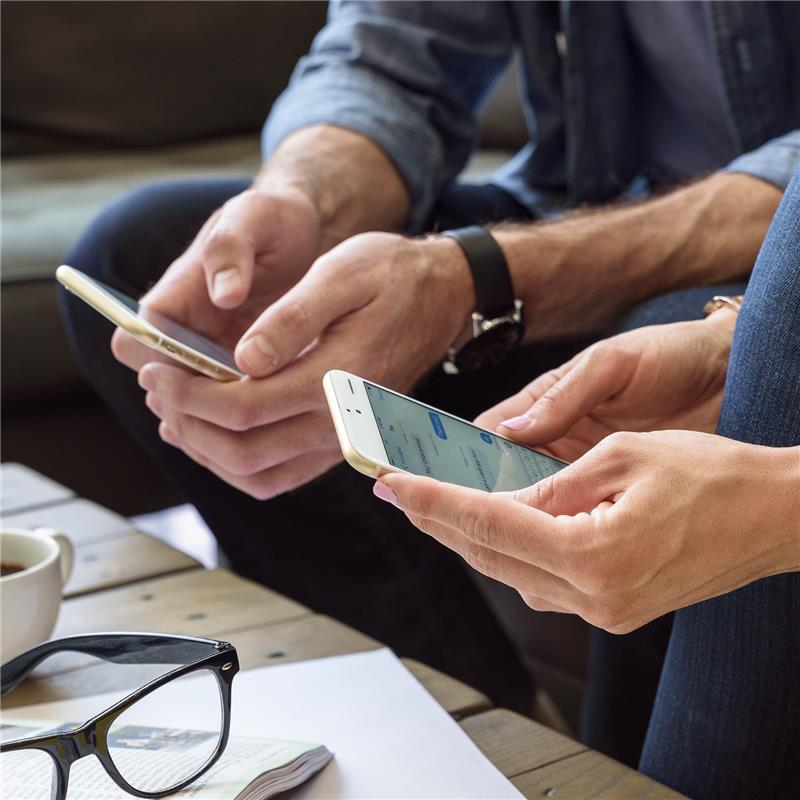To help prevent further scams, report it to the Financial Conduct Authority (FCA) by phoning their helpline on 0800 111 6768.
Here to help you
Learn about the types of fraud and scams
Take Five to stop fraud
Take Five is a national campaign that offers straight-forward and impartial advice to help everyone protect themselves from preventable financial fraud.
Do you think you can tell a scam from the genuine thing? Put your ability to spot a scam to the test with the Take Five quiz.
takefive-stopfraud.org.uk is an external website. Skipton Building Society cannot be held responsible for the content of external websites.


